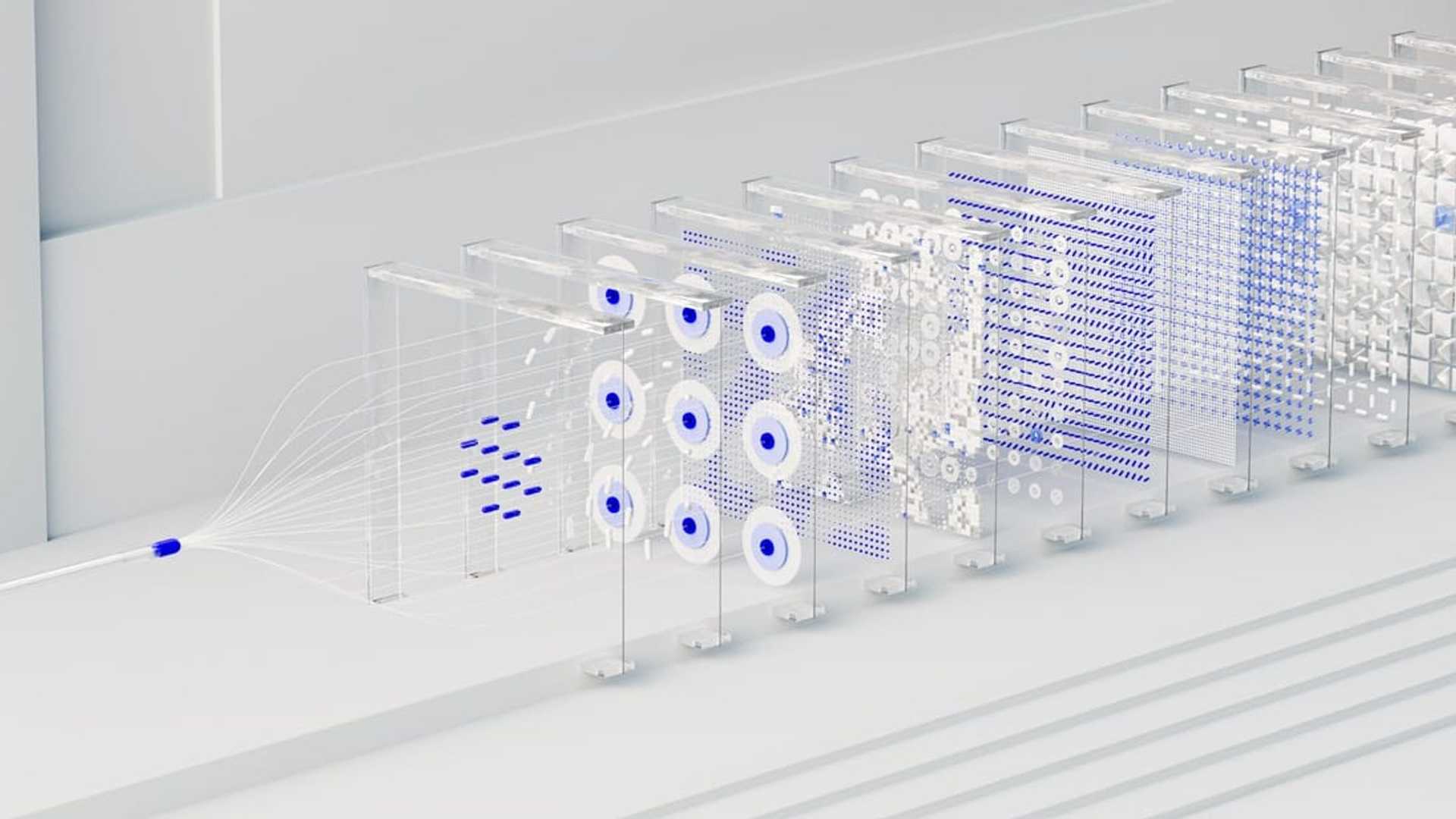Google's DeepMind Unveils AlphaEvolve, an AI System that ...
DeepMind has introduced a groundbreaking AI system that goes beyond traditional coding capabilities. AlphaEvolve is not only able to construct applications but also tackle mathematical challenges, enhance Google's hardware, and accelerate the training of AI models similar to itself.
AlphaEvolve, accessible here, leverages the innovative Gemini large language models combined with a rigorous evolutionary process and automated scoring. This unique approach results in a coding agent that continuously enhances itself and the systems it operates on with each iteration.
Enhancing Google's Infrastructure
AlphaEvolve is already making significant contributions across Google's ecosystem. It has optimized the scheduling algorithm for Borg, which oversees data center compute operations, reclaiming an average of 0.7% of resources that could have otherwise gone unused. Additionally, it has suggested hardware enhancements for TPU circuits, improved matrix multiplication kernels by 23% (reducing Gemini's training duration by 1%), and streamlined GPU runtimes for Transformer models by 32.5% through compiler-generated code optimization—a task seldom pursued even by seasoned engineers.
Diverse Capabilities
Unlike its forerunner, AlphaTensor, which focused on accelerating matrix multiplication routines, AlphaEvolve is a versatile solution. It is designed to work on any objective that is "machine-gradeable," such as mathematical constraints, combinatorial structures, search strategies, or performance enhancement for low-level code. By taking a user-defined program and assessment function, AlphaEvolve iteratively mutates, scores, and evolves using a combination of Gemini Pro and Gemini Flash models. Essentially, it functions as a high-powered, feedback-centric code optimizer capable of comprehending the areas it seeks to enhance.
Real-world Achievements
In internal assessments, AlphaEvolve excelled in 14 matrix multiplication tests, including a longstanding challenge dating back to 1969, and made progress in over 20% of the 50+ mathematical problems it was tasked with. Noteworthy accomplishments include discovering a new lower limit for the kissing number in 11 dimensions—a perplexing geometric puzzle that has baffled mathematicians for centuries.

Distinctive Features
AlphaEvolve's ability to combine symbolic reasoning with concrete validation sets it apart from other Large Language Model (LLM)-based agents. While many agents struggle with generating viable solutions, DeepMind's system can execute the code it generates, assess the results, and adapt based on performance. This holistic approach across various domains—ranging from geometric challenges to data center management—indicates a flexible approach to applied AI research.
Future Prospects
Looking ahead, DeepMind aims to democratize access to AlphaEvolve. The organization is currently developing a user-friendly interface and preparing to launch an early access program for selected academic researchers. Although a public release timeline is yet to be revealed, the vision is clear: an AI collaborator that ideates, translates concepts into code, and validates functionality—all at an accelerated pace.
As DeepMind envisions it, AlphaEvolve caters to problems with algorithmic solutions that can be automatically verified. In essence, it is not just solving problems autonomously but also reshaping the fundamental questions we can pose.











